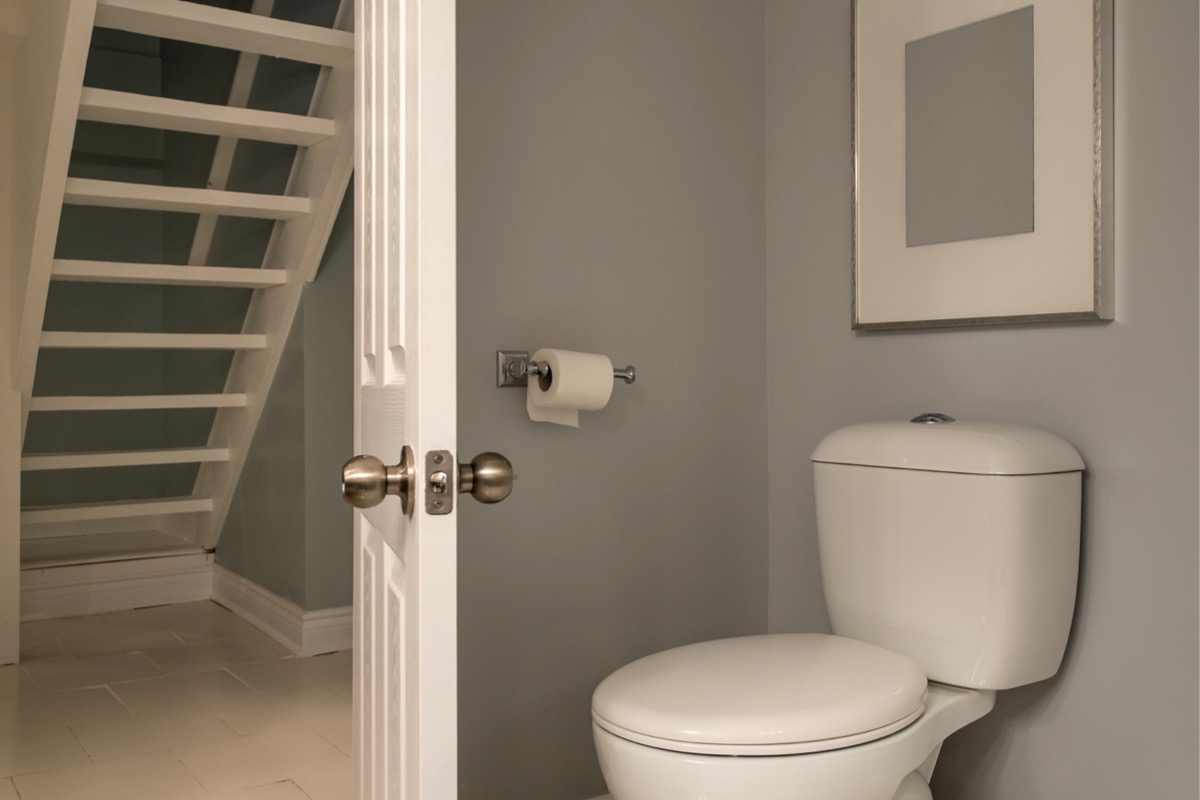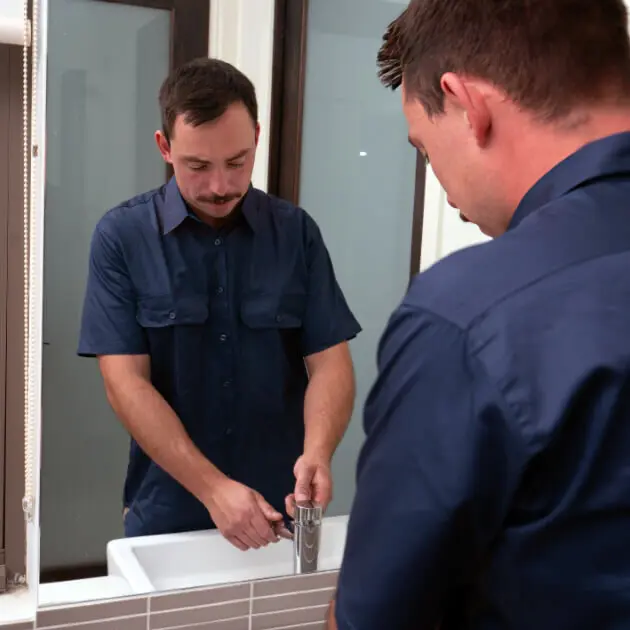Key Bathroom Plumbing Guidelines Every New Homeowner Should Know
Key Bathroom Plumbing Guidelines Every New Homeowner Should Know
Blog Article
Have you been interested in information involving 6 Essential Plumbing Checks for New Homeowners?

For new homeowners, understanding and maintaining washroom pipes can conserve both time and money by protecting against expensive problems down the line. Here are some essential shower room plumbing suggestions to assist you maintain whatever running smoothly.
Acquaint Yourself with the Main Shut-Off Valve
Knowing where the main water shut-off shutoff lies in your home is vital. This allows you to quickly shut off the water in case of significant leaks or during pipes emergencies, stopping substantial water damages.
Consistently Evaluate for Leakages
Tiny leakages can cause huge troubles. On a regular basis check under sinks, around toilets, and near pipes fixtures for any kind of indications of leaks. Seek wetness, small drips, or corrosion. Capturing and fixing leaks early can protect against much more major damages and conserve water.
Do Not Ignore Slow Drains
If your sink or bath tub is draining gradually, it's typically a sign of an obstruction forming. Addressing this early can protect against a complete blockage. Use a bettor or a plumber's snake to remove debris. Avoid utilizing chemical drainpipe cleaners as they can harm your pipes in time.
Know What Not to Flush
Toilets are not waste disposal unit. Avoid purging anything apart from bathroom tissue and human waste. Products like wipes, feminine health items, and cotton swabs must be taken care of in the garbage to stop clogs and sewer back-ups.
Install Strainers in Drains
Location filters in your sink and tub drains to catch hair and various other debris prior to they enter your pipes system. Cleaning the strainers routinely will aid avoid build-up and maintain water streaming easily.
Maintain Your Hot Water Heater
Ensure your water heater is readied to a suitable temperature (typically about 120 degrees Fahrenheit) to prevent hot and lower energy usage. Flush the tank yearly to get rid of sediment accumulation, which can decrease the efficiency and life expectancy of your heater.
Update Your Components
If your home has older components, think about upgrading to extra effective designs. Modern bathrooms, showerheads, and faucets are created to use much less water while providing great stress, which can considerably lower your water bill and ecological impact.
Beware with Do It Yourself Pipes Repairs
While it's alluring to deal with all home fixings by yourself, be cautious with plumbing. Some concerns might need specialist proficiency, particularly if they entail main water lines or drain fixings. Hiring a specialist can often be a lot more economical than do it yourself, especially if it stops additional damages.
Plan For Cold Weather
Secure your pipes from cold during cold weather by protecting pipelines in unheated areas like cellars, attic rooms, and garages. During extreme cool, let cold water drip from taps offered by subjected pipelines to assist protect against cold.
Schedule Normal Maintenance
Consider scheduling annual examinations with a qualified plumbing. They can find problems that you might miss, such as covert leaks or wear and tear on pipelines and components. Normal maintenance aids prolong the life of your pipes system and can protect against emergencies.
Conclusion
Recognizing and preserving your home's shower room pipes can prevent lots of common problems. By complying with these important suggestions, you can guarantee your restroom continues to be functional and effective, saving you time and money in the future.
Essential Plumbing Tips for Homeowners: Keep Your Pipes Flowing Smoothly
As a homeowner, understanding the basics of your plumbing system can save you time, money, and a lot of headaches. Plumbing issues can range from minor annoyances like dripping faucets to major problems like burst pipes that cause significant damage. This guide provides essential tips to help you maintain your plumbing system and tackle common issues.
Understanding Your Plumbing System
Supply System: Brings fresh water into your home from a municipal source or a well. Drain-Waste-Vent System: Removes wastewater and vents sewer gases outside. Fixtures and Appliances: Includes sinks, toilets, showers, dishwashers, and washing machines. Basic Maintenance Tips
Regular Inspections: Periodically check for leaks, corrosion, and other signs of wear and tear. Look under sinks, around toilets, and near water heaters. Know Your Main Shut-Off Valve: In case of a major leak, you’ll need to shut off the water quickly. Ensure everyone in your household knows where the main shut-off valve is located. Prevent Frozen Pipes: In cold climates, insulate exposed pipes and let faucets drip during extreme cold to prevent freezing. Use Strainers: Install strainers in sinks and tubs to catch hair, food particles, and other debris that can cause clogs. Common Plumbing Issues and Solutions
Clogged Drains:
Prevention: Avoid pouring grease down the drain and use drain screens to catch debris. DIY Fix: Use a plunger or a plumbing snake to clear minor clogs. For stubborn clogs, a mixture of baking soda and vinegar can sometimes help. Leaky Faucets:
Prevention: Replace washers and seals regularly. DIY Fix: Turn off the water supply, disassemble the faucet, and replace worn parts.

Call Today Report this page